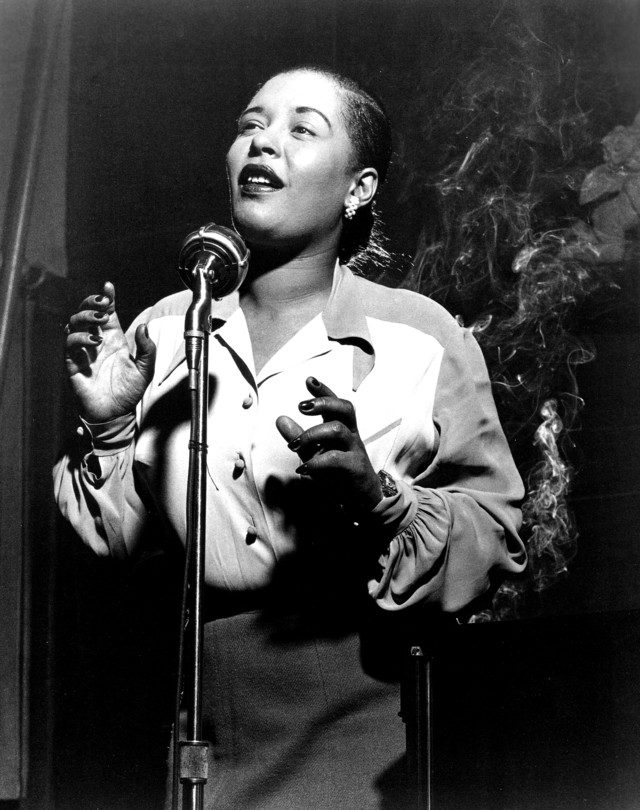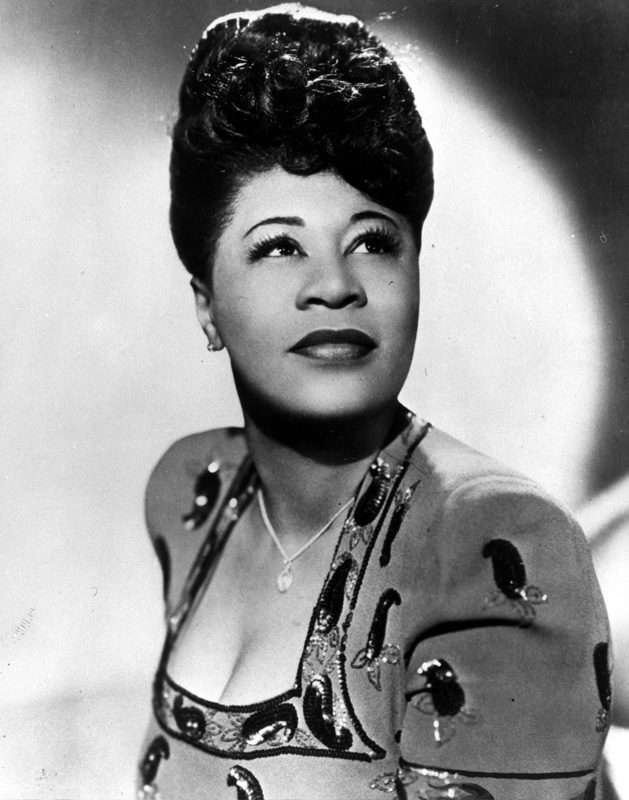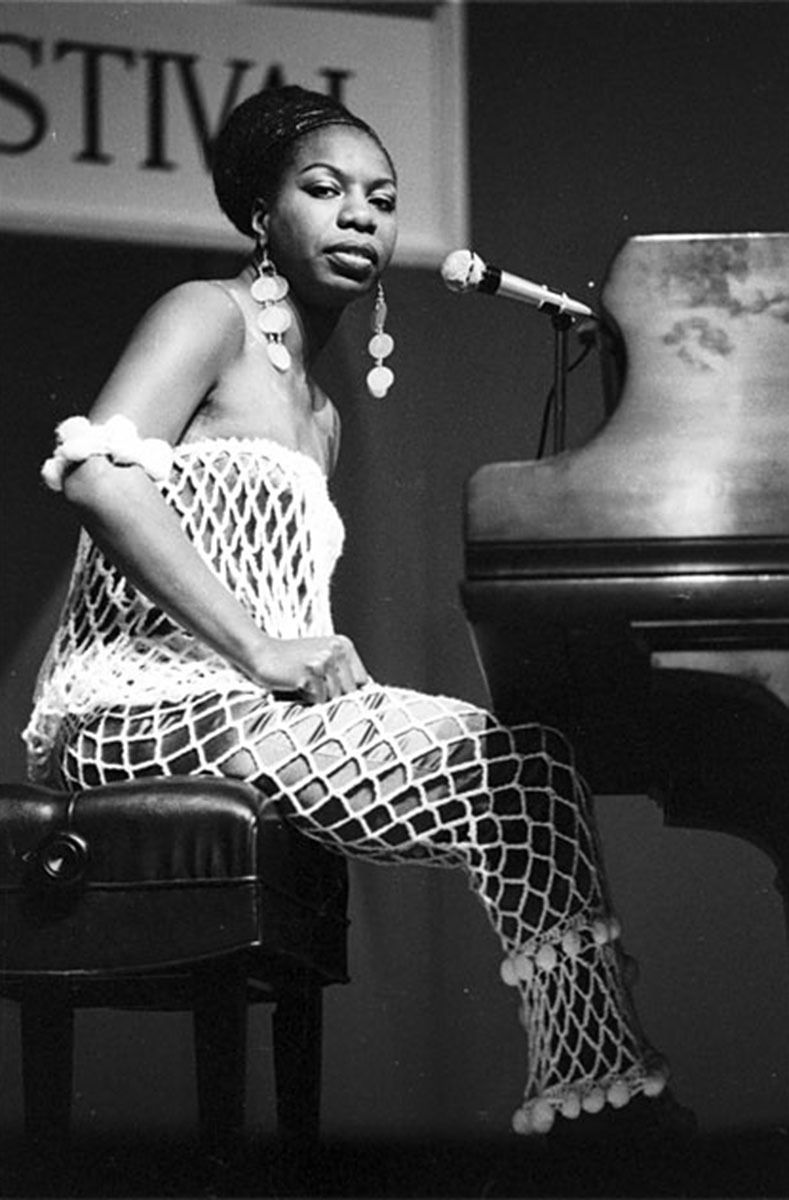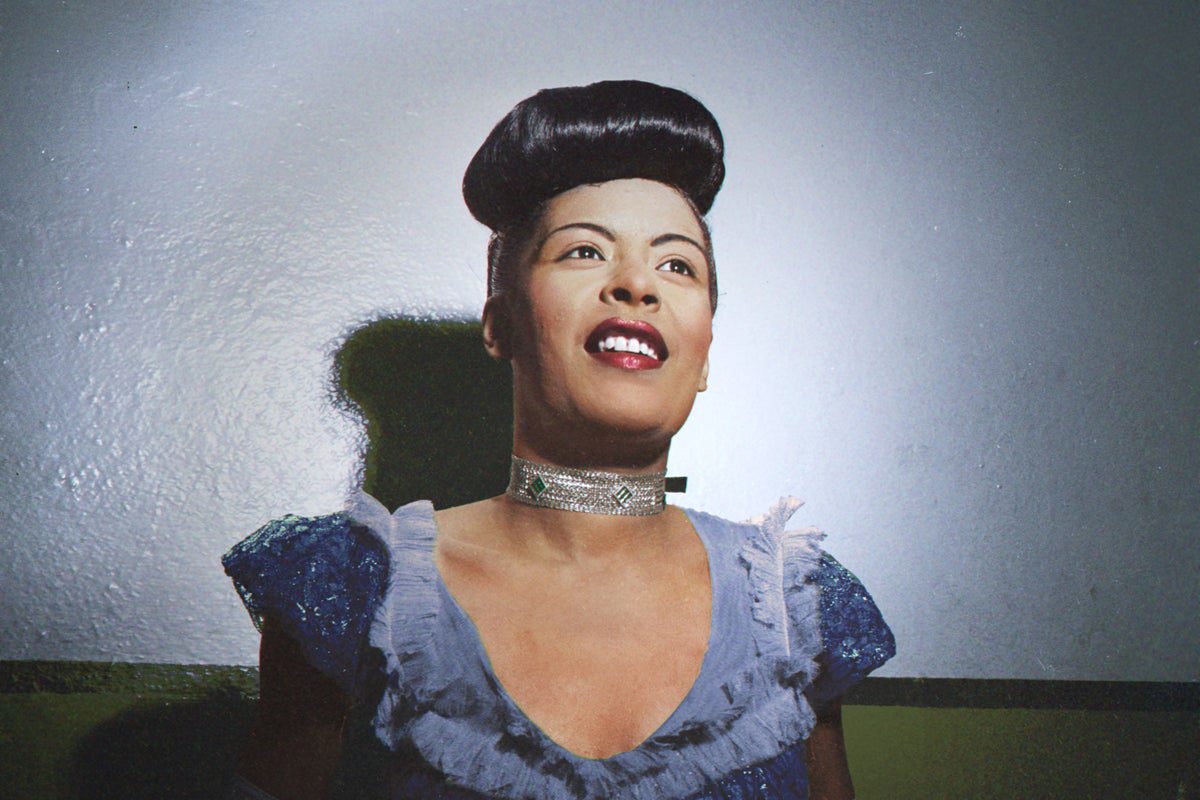Jazz Singers That Little Girls Can Look Up To
by Lila Gilliam

Billie Holiday, Ella Fitzgerald, and Nina Simone were just a few of the women that the Jazz era produced. Up until this era of music, women typically had to take the backseat and perform as supplemental characters to the men they performed with. Jazz originated in New Orleans, Louisiana with piano and brass instruments such as trumpet, trombone, and saxophone. Buddy Bolden was considered the first man in Jazz the creator of “The Big Four”. After Bolden, there were many notable men in Jazz such as Duke Ellington, Louis Armstrong, and Count Basie, but I find it most exciting to revel about the amazing women that finally got their time to shine in American Music through Jazz.
Jazz Politics

Nina Simone and Billie Holiday are two well-known Jazz singers. Both of them have very distinguishable semi-raspy voices. They also happen to be two of my favorite singers ever. Women came to fame through their lounge and club performances- starting off small and growing an audience and a claim-to-fame as they progressed. During the mid-1950s when these women grew to be very popular, the Civil Rights Movement was blossoming and the Black community needed solace, oftentimes through music.



Billie Holiday, previously, sang about love and men and life experiences, but one day witnessed the aftermath of a man’s lynching and began to perform “Strange Fruit” which is a song that talks about the senseless and racist violence against Black people in the south. Nina Simone had a similar turnaround. Her music had always been about different topics, but in the mid-1960s after the 16th Street Baptist Church bombing in Birmingham, Alabama, she wrote and began to perform “Mississippi Goddam” which was a cry for people to pay attention and take action against racism that was occurring with Jim Crow Laws in the south. Billie Holiday was approached by the FBI about stopping her performances of “Strange Fruit” because they didn’t want political music that was anti-racist to be performed in integrated spaces. It’s important for Black women to integrate these male-dominated spaces because these women have become the pinnacle of who we consider being classical Black women singers.
For young women, it is important to have positive and strong Black women role models. Too often in the media we are portrayed negatively, as hypersexual, aggressive, loud, ignorant, or lazy women. We aren’t allowed to open our mouths to voice our opinions and no one expects us to excel or be great in anything that we do- especially in the 50s and 60s as a Black woman. The presence of these women in the Jazz industry that didn’t have to dumb themselves down and spoke out against injustices when the rest of the world wanted them to shut up definitely had to have impacted younger generations of women as I know they definitely impacted me.


